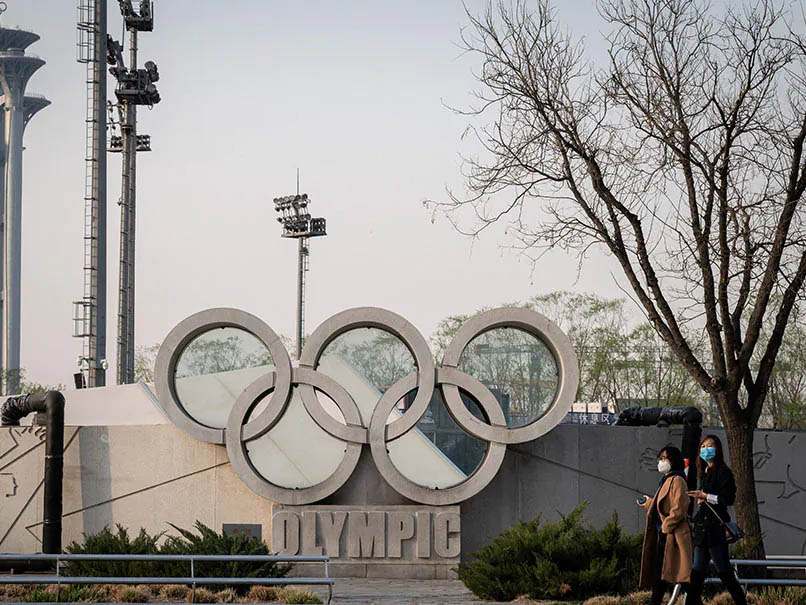Agencies
Beijing, January: China’s top diplomat spoke with his US counterpart on Thursday, warning Washington to “stop interfering” in the Winter Olympics and stressing that Russia’s security concerns in Europe should be “taken seriously”.
Beijing hopes to turn next week’s Games into a soft power triumph.
But the lead-up has been clouded by a US-led diplomatic boycott over China’s human rights record, particularly towards its Uyghur Muslim minority in the Xinjiang region.
“The most urgent priority right now is that the US should stop interfering in the Beijing Winter Olympics,” foreign minister Wang Yi said during a call with Secretary of State Antony Blinken, according to a foreign ministry statement.
He added that Washington must also “stop playing with fire” on the Taiwan issue.
Both officials also discussed the growing tensions in Europe over Ukraine, with Wang telling Blinken that Russia’s security concerns “should be taken seriously”.
“All parties should completely abandon the Cold War mentality and form a balanced, effective and sustainable European security mechanism through negotiation,” Wang said.
“Russia’s reasonable security concerns should be taken seriously and resolved.”
In a nod to Moscow’s concerns about the expansion of the NATO alliance in Europe Wang added that “regional security cannot be guaranteed by strengthening or even expanding military blocs”.
The State Department’s readout of the call made no mention of the Olympics and instead focused on Ukraine.
“Secretary Blinken underscored the global security and economic risks posed by further Russian aggression against Ukraine and conveyed that de-escalation and diplomacy are the responsible way forward,” the statement read.
Global concerns are growing over a potential Russian invasion of Ukraine, as tens of thousands of Russian troops have been stationed at the border in recent weeks.
In response, the US and other NATO member states have been conducting intense diplomacy with Russian President Vladimir Putin in recent days, as well as providing military reinforcement to Ukraine.
The US and its NATO allies have said they are ready for any eventuality.
Russia, which has a troubled historical relationship with Ukraine, has fueled an insurgency in the former Soviet republic’s east that has killed more than 13,000 people since 2014.
Russia that year also seized Crimea after the overthrow of a government in Kyiv that had resisted efforts to move closer to Europe.
Moscow has denied planning to invade Ukraine but has also said it wants guarantees that the country will not join NATO.
China often opposes “external interference” in how other countries are run.
But it has been especially reluctant to speak out against its close strategic ally Russia, which is a fellow permanent member of the UN Security Council and often finds itself at loggerheads with the same western powers as China.




